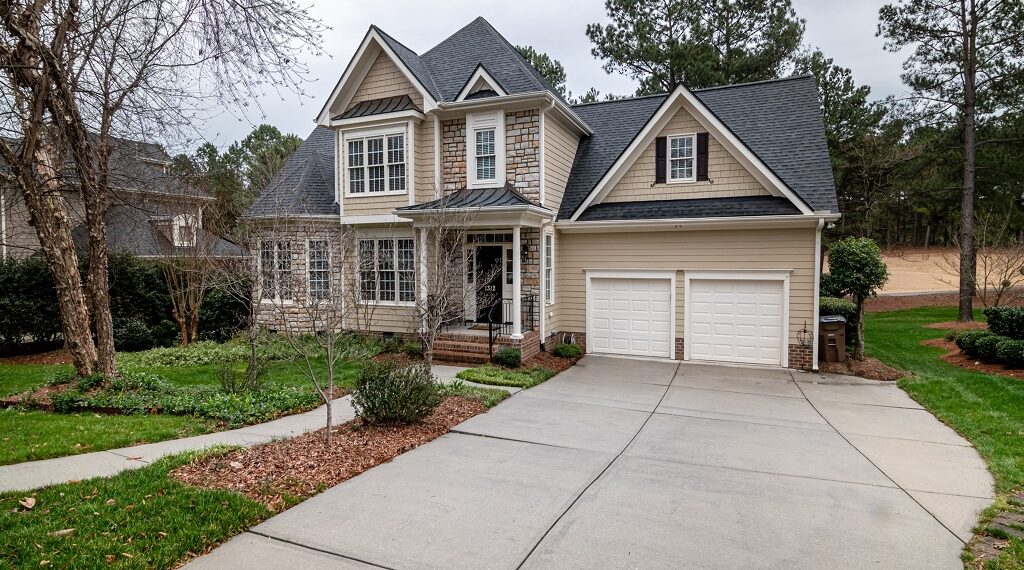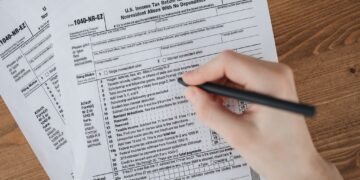Have you ever dreamed of a debt-free future, free of high monthly mortgage payments? With a mortgage refinance, the home you already own can become your ticket to that debt-free life. It often allows you to get better loan terms with a new loan. That means a reduction in your monthly payment. In addition, depending on the type of refinance you’re considering, you may be able to lessen the pay-off duration. That’s because refinancing usually lets you borrow against the equity you’ve built up in your home. Depending on how much you’ve paid down, a conventional refinance might make you debt-free sooner.
But it’s important to remember that a mortgage refinance is not always a good idea. Given this, it is critical to do some research first. Here, we’ve listed four questions you need to ask yourself to see if a refinance is right for you.
Why Do You Want to Refinance Your Current Mortgage Loan?
If you’re seriously thinking of refinancing your mortgage, you need to determine exactly what your reason for it is and what you hope to gain from it. It’s best you do this before you speak to a lender or submit a formal application.
What Is Your Current Financial Situation?
Think about your current financial situation, including your credit. Check your credit score and report to see what rates you could receive. Keep in mind that your credit score is based on information in your credit reports, and the data in those reports affect what loans you qualify for and at what interest rate. You should also, ideally, take a look at how you’re managing what you already owe and consider paying down debt on other bills in order to improve your score enough to qualify for lower rates.
How Much Will Refinancing Your Current Mortgage Loan Cost You?
Your mortgage lender will estimate the closing costs and fees required to complete your refinance, as well as your projected amortization schedule (payments). While a lower rate of interest can mean lower monthly payments, it is important to compare potential closing costs and fees to determine if you will actually save money by refinancing. Remember, these are just estimated costs and may change based on the final loan terms and the location of the property. If the cost of refinancing your current mortgage loan is too high, you may want to consider sticking with the loan you have right now.
Are They Reasons Not to Proceed with The Refinance?
There are several reasons why refinancing might not be right for you. If you want to lower your monthly payment but don’t want to take on more debt, a refinance isn’t going to help you. Other reasons include: if you have an adjustable-rate loan that will be turning into a low-rate fixed-rate loan in the near future or if you have an interest-only loan and plan on making additional payments later.












